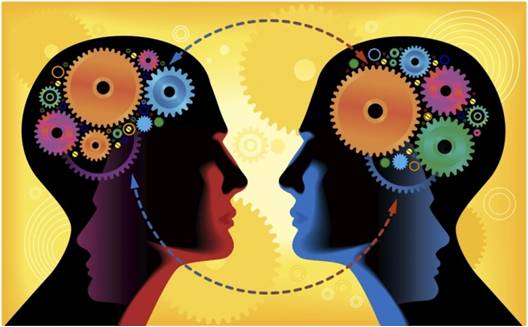Study: Computerized cognitive training may help patients with mild cognitive impairment (less so once diagnosed with dementia)
Brain Gain: Computerized Training May Boost Cognition in MCI (Medscape):
“Computerized cognitive training (CCT) for patients with mild cognitive impairment (MCI) appears to have a beneficial effect on global cognition, memory, and attention and improves psychosocial functioning, including depressive symptoms, new research shows.
However, the review also showed that CCT is of limited benefit for dementia patients and has no impact on executive function or processing speed in patients with MCI…
This effect size was larger than those previously reported for healthy older adults and for patients with Parkinson’s disease, the author note.
Participants in CCT groups improved significantly during the intervention period, whereas patients receiving control interventions did not show any cognitive change.”
Study: Computerized Cognitive Training in Older Adults With Mild Cognitive Impairment or Dementia: A Systematic Review and Meta-Analysis (The American Journal of Psychiatry)
- Objective: Previous meta-analyses indicate that computerized cognitive training (CCT) is a safe and efficacious intervention for cognition in older adults. However, efficacy varies across populations and cognitive domains, and little is known about the efficacy of CCT in people with mild cognitive impairment or dementia.
- Conclusions: CCT is efficacious on global cognition, select cognitive domains, and psychosocial functioning in people with mild cognitive impairment. This intervention therefore warrants longer-term and larger-scale trials to examine effects on conversion to dementia. Conversely, evidence for efficacy in people with dementia is weak and limited to trials of immersive technologies.
To learn more:



